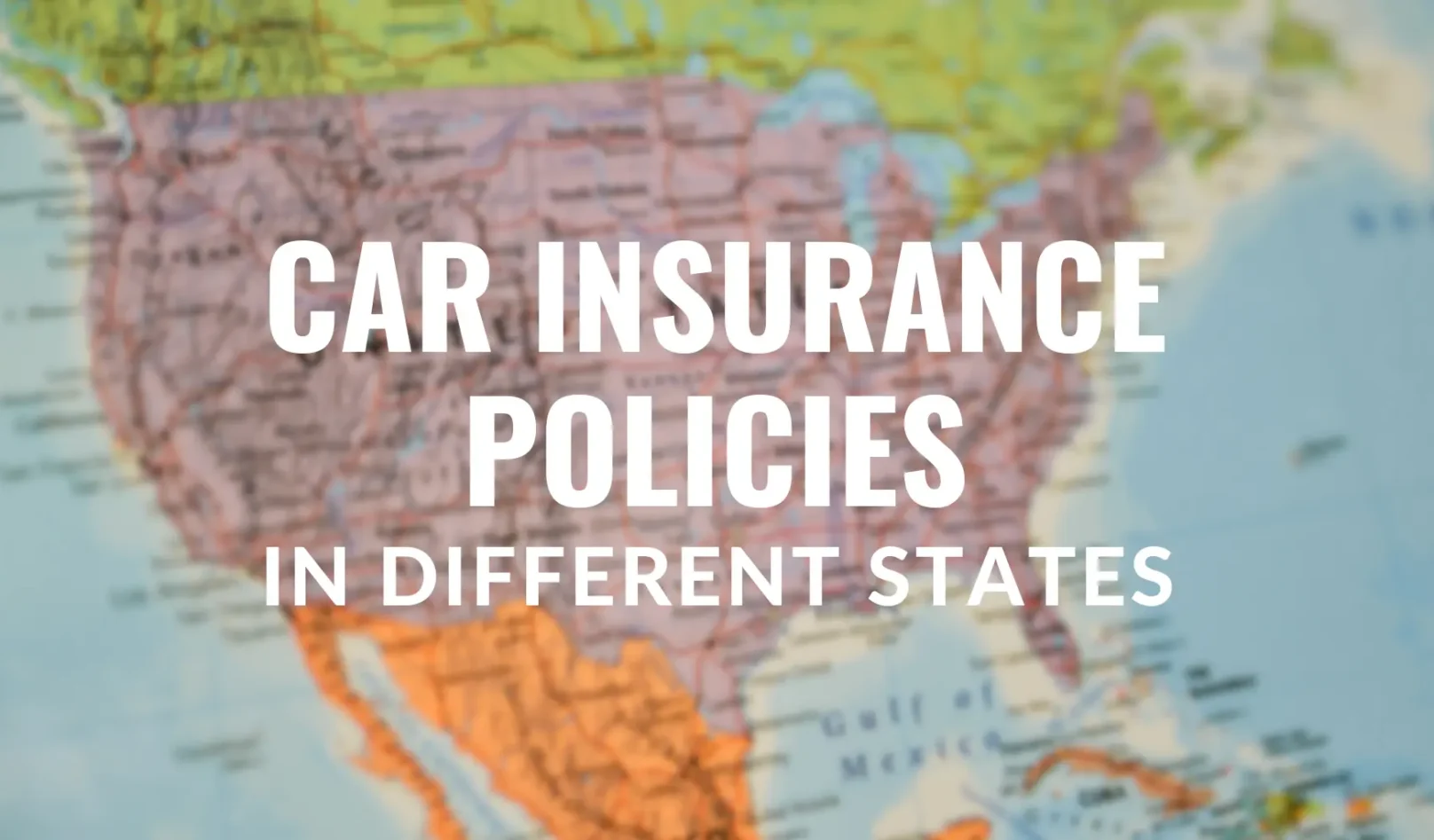
Except for New Hampshire, all states mandate minimum liability coverage or insurance to register cars. Requirements range from $10,000 to $25,000 for injury and property damage. Some also require no-fault, uninsured motorist, and medical payments coverage.
The Importance of Insurance
Having insurance protects other motorists should an accident occur. It also covers damage to your own vehicle. Failing to maintain continuous coverage means states can suspend your registration and impose fines. Avoid issues by understanding insurance rules in your state.
Car Insurance Requirements in Texas
Texas legislation stipulates relatively high 30/60/25 minimum liability limits. This means:
- $30,000 bodily injury per person
- $60,000 bodily injury per accident
- $25,000 property damage
These represent the minimums Texas drivers must carry to register a vehicle. Those leasing or financing cars may need higher 100/300/100 limits. Texas also has an alternate way to provide proof called a Surety Bond for $60,000 paid to the state.
The Texas Department of Insurance recommends also carrying collision, comprehensive, rental reimbursement, and roadside assistance for complete protection. But liability is the minimum to legally drive. Have your Texas insurance card or policy declaration ready when registering your car.
Florida Car Insurance Requirements
Florida statute mandates several auto insurance requirements for registration:
- $10,000 personal injury protection (PIP)
- $10,000 property damage liability (PDL)
- $10,000 minimum third-party bodily injury liability per person
- $20,000 minimum third-party bodily injury liability per accident
- $10,000 minimum third-party property damage liability
PIP covers medical expenses, lost wages from injuries, funeral costs, and household expenses. PDL repairs or replaces others’ damaged property. Florida also has highly recommended minimum bodily injury limits.
Drivers in Florida must maintain continuous insurance and provide proof of registration. Lapses in coverage can lead to license/registration suspension. Check with agents to ensure your policies meet registration requirements.
California Insurance Minimums for Registration
Compared to other states, California’s 15/30/5 liability requirements are quite low:
- $15,000 bodily injury per person
- $30,000 bodily injury per accident
- $5,000 property damage
These represent the legal minimums to register your car. However, experts caution such low limits expose drivers to major financial risk. Many agents recommend 100/300/50 for adequate coverage.
California is also a “fault” state, meaning you can sue and be sued for causing accidents. This makes high liability vital. Have proof of current coverage when registering and carry your insurance card in your vehicle.
New York Registration Insurance Rules
New York legislation mandates several coverages for registration:
Bodily injury liability of 25/50/10
Property damage liability of $10,000
No-fault coverage up to $50,000
Uninsured motorist coverage
No-fault pays for medical treatment, lost income, and other expenses from injuries. It functions as your primary coverage regardless of fault. Liability and uninsured motorists protect from others’ damages.
New York also requires drivers to carry insurance ID cards as proof of coverage. Switching insurers means getting a new card right away. Keep your policy active to prevent registration suspension.
Pennsylvania Auto Insurance Requirements
In Pennsylvania, minimum liability and medical benefits are required:
- $15,000 bodily injury per person
- $30,000 bodily injury per accident
- $5,000 property damage
- $10,000 medical benefits
Liability covers damages to others while medical benefits help pay for injuries sustained by you and passengers. Minimum requirements are relatively low, so experts suggest higher 100/300/100 limits.
Have proof of current coverage when registering your car. Lapses can lead to fines and loss of registration. Avoid issues by maintaining continuous coverage.
Indiana Auto Insurance Minimums
Indiana legislation stipulates the following minimums:
- $25,000 bodily injury per person
- $50,000 bodily injury per accident
- $25,000 property damage
- Bodily injury liability
- Property damage liability
You’ll need a valid proof of coverage when registering a car. Lenders may also require collision and comprehensive. Consider higher limits and extra protections like roadside assistance for complete security.
Virginia Insurance Requirements for Registration
Virginia has moderate 25/50/20 minimum liability requirements:
- $25,000 bodily injury per person
- $50,000 bodily injury per accident
- $20,000 property damage
Experts caution Virginia’s property damage minimum is low, potentially leaving you exposed. Also, consider added coverages like gap insurance on new cars. Gap pays the difference between insurance value and the remaining loan balance if totaled.
Have proof of active, sufficient insurance when registering vehicles in Virginia. Maintain continuous coverage to stay compliant.
New Jersey Auto Insurance for Registration
New Jersey legislation demands some of the highest auto insurance minimums in the U.S.:
- $15,000 bodily injury per person
- $30,000 bodily injury per accident
- $5,000 property damage liability
- Personal injury protection
- Uninsured motorist coverage
Personal injury protection helps pay medical bills and lost wages from injuries. Uninsured motorist covers damages if you’re hit by an uninsured driver.
New Jersey also prohibits insurers from dropping policies once issued. This ensures continuous coverage. Keep proof handy when registering to avoid DMV issues.
Arizona Vehicle Registration Insurance Rules
Arizona statutes require:
- $15,000 bodily injury per person
- $30,000 bodily injury per accident
- $10,000 property damage
- Uninsured motorist bodily injury
Uninsured coverage protects from uninsured/underinsured drivers. Minimums are relatively low, so carriers suggest higher 100/300/100 policies.
Arizona uses a verification program called the Mandatory Insurance Law System (MILS). This shares policy data between insurers and the DMV. Keep your insurance active to stay compliant.
Conclusion
Except for New Hampshire, auto insurance is compulsory for registration in nearly every state. Requirements vary but almost always include minimum liability. No-fault, medical payments, and uninsured motorists may also be mandatory.
Check your state’s minimums and carry proof of insurance when registering a vehicle. Maintain continuous, adequate coverage to avoid administrative hassles. Consult insurance agents if unsure whether your policies meet registration rules.
